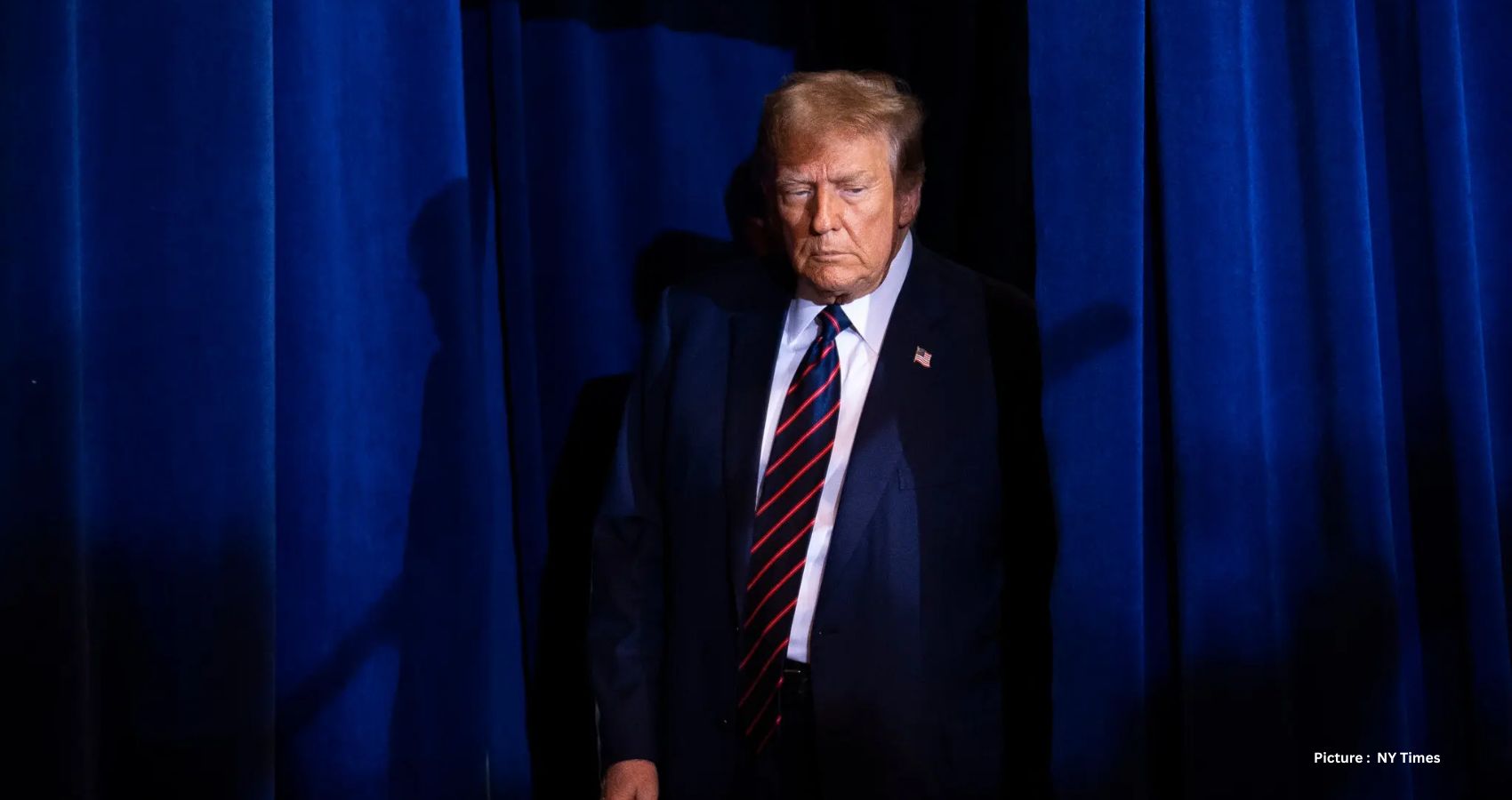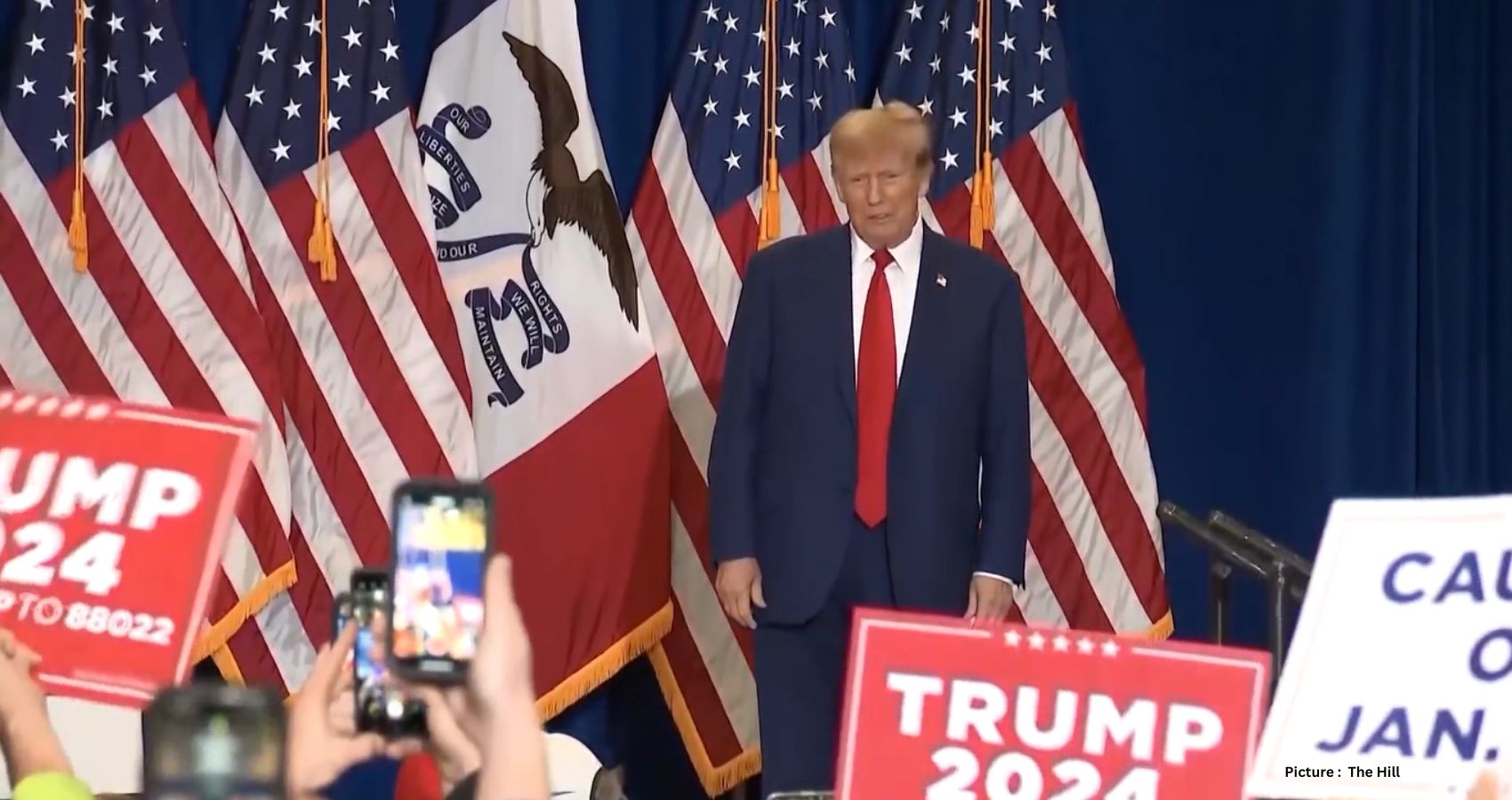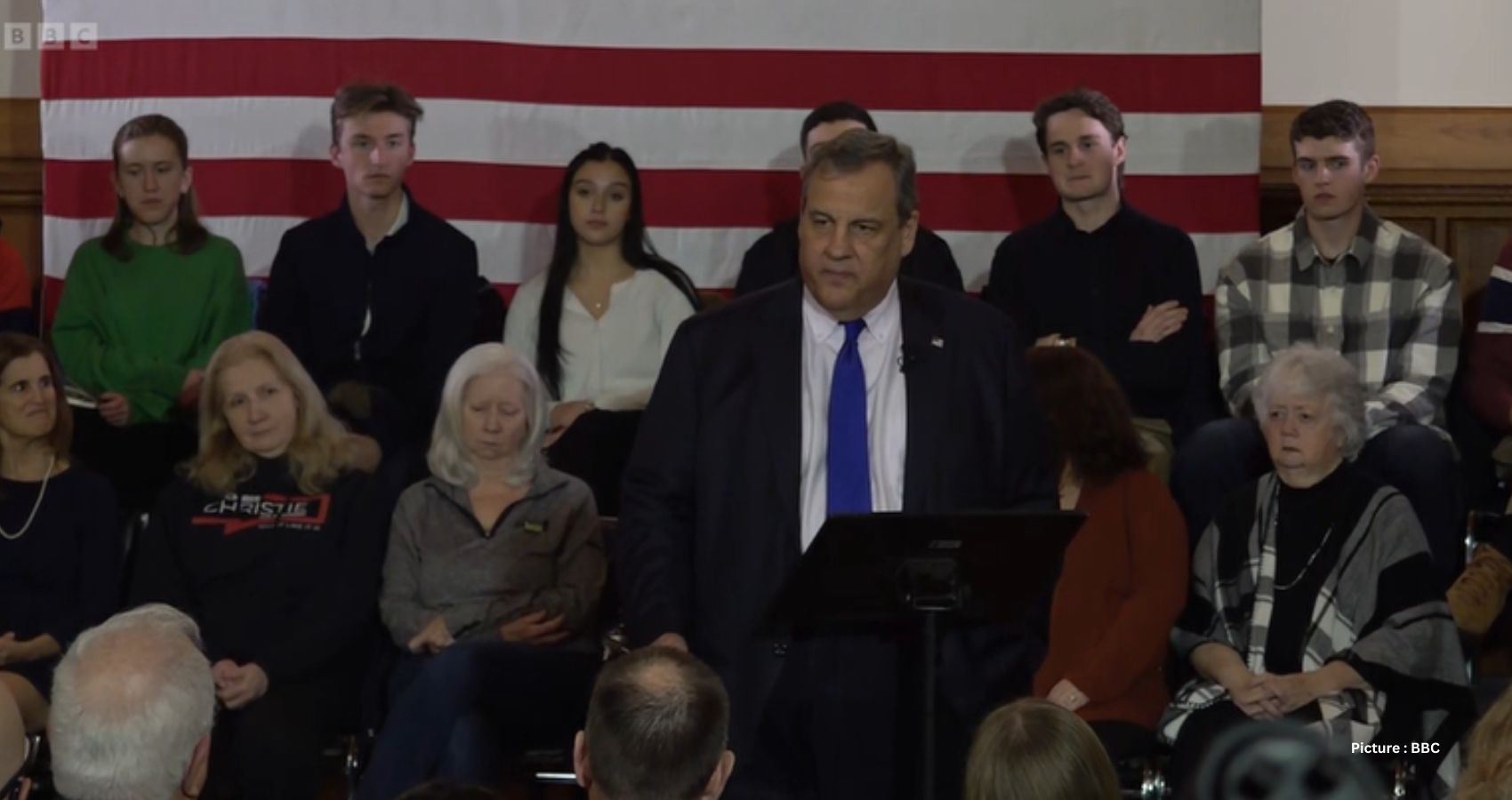Donald J. Trump has been cruising through the primaries in Iowa and New Hampshire, dominating his Republican rivals and basking in the adoration of his supporters who are convinced of his inevitable victory in the presidential race. However, as Trump edges closer to securing the Republican nomination, he faces daunting challenges beyond the party faithful.
Outside the insular world of Republican primaries, Trump’s campaign is grappling with persistent weaknesses that could pose significant risks for his party. These vulnerabilities came to the fore in New Hampshire, where a significant portion of independents, college-educated voters, and Republicans hesitant to overlook his legal troubles threw their support behind his rival, Nikki Haley.
While Trump emerged victorious in New Hampshire, the sizable turnout against him signaled trouble ahead as the presidential race transitions from the realm of die-hard Trump supporters to a broader electorate, many of whom rejected him in the past. Governor Ron DeSantis of Florida acknowledged the issue, stating that Trump must find a way to address the concerns of lifelong conservatives who are reluctant to support him again.
On the other side, President Biden also faces challenges in a potential rematch of the 2020 contest. Despite his victory then, Biden, now 81, grapples with widespread disapproval and skepticism regarding his age and leadership. He seeks to rally his base, independents, and even moderate Republicans around issues such as abortion rights and democracy, although his stance on immigration, inflation, and the conflict in Gaza has alienated some within his party.
Republican pollster Neil Newhouse highlighted the upcoming election as a choice between two unpopular leaders, characterizing it as a “lesser-of-two-evils” scenario.
Trump’s difficulties extend back to his 2016 takeover of the Republican Party, which alienated suburban moderates and independents. His struggles with independent voters were evident in the Iowa caucuses as well, where a majority supported his opponents.
While Trump is expected to regain many of these voters in the general election, a significant portion of Haley supporters in New Hampshire expressed willingness to vote for Biden, indicating a potential fracture within the Republican base.
However, caution is advised in interpreting the New Hampshire results, given the state’s left-leaning tendencies. Nonetheless, the GOP must ensure the election does not become solely a referendum on Trump.
Ruth Axtell, a New Hampshire independent who voted for Haley, expressed her desire to see Trump defeated, even if it meant a victory for a female candidate. Yet, she remains undecided for the general election, reflecting the uncertainty among voters.
New Hampshire’s results underscored Trump’s struggles with college-educated and affluent voters, demographics that once formed the core of his support base.
Even in Iowa, Trump faced challenges in affluent suburbs, indicating potential vulnerabilities in traditionally Republican strongholds.
Despite concerns about winning back Republicans who have turned away from him, Trump remains confident in his ability to secure their support. However, his victory speech in New Hampshire, marked by attacks on Haley rather than calls for party unity, raises questions about his approach.
Both Trump’s aides and super PAC officials view Biden as a formidable opponent, with the latter expressing concerns about Biden’s substantial spending on advertising.
While DeSantis and Haley refrained from directly confronting Trump, Biden’s campaign is expected to vigorously challenge him, countering his attacks with clips of his verbal missteps.
As Trump faces intensifying scrutiny over his role in the Capitol riot and legal troubles, his fixation on the 2020 election and divisive rhetoric could further erode his support among independents and swing voters.
Even in conservative Iowa, a significant portion of Trump’s supporters expressed reservations about voting for him if he were convicted of a crime, underscoring the potential repercussions of his legal battles on his electoral prospects.




